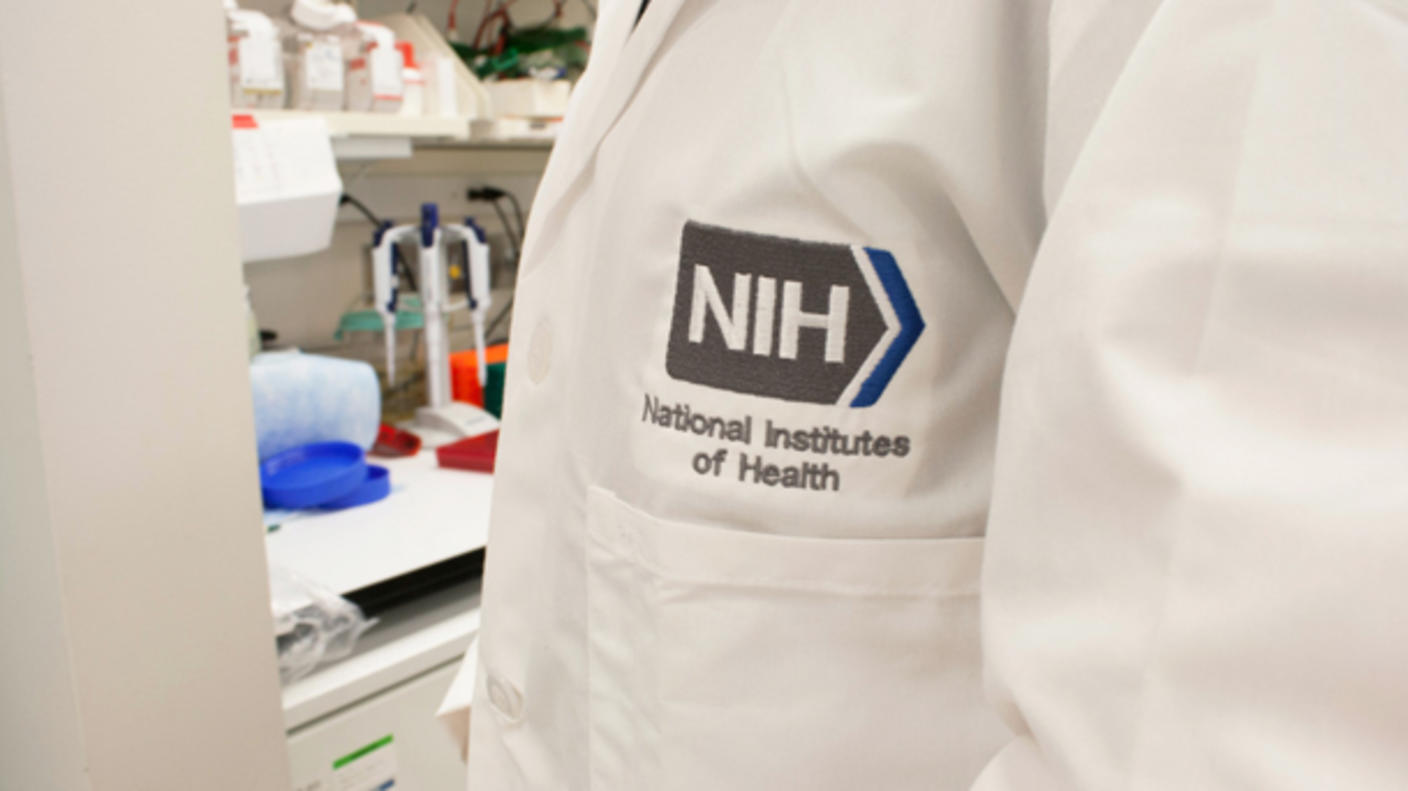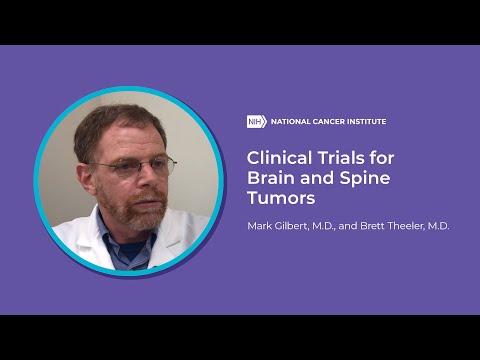Here are some questions to ask your doctor to help you determine if a clinical trial is right for you.
- What is the objective of the trial?
- What phase is the clinical trial?
- Why would the clinical trial treatment be better than the standard of care—or any other treatment option to treat my tumor?
- What are the criteria to determine if I am eligible for the trial?
- How long do I have to decide whether I want to participate in a clinical trial?
- How does the clinical trial treatment work to treat my brain or spine tumor?
- If the clinical trial is a drug therapy, how is the drug given (orally or intravenously)?
- How long is the treatment given?
- How often do I have to be seen in the clinic or hospital as part of the trial?
- Can I be part of the clinical trial at a location closer to my home?
- What procedures are required as part of the clinical trial?
- How do you evaluate if the treatment is working?
- How often do you evaluate if the treatment is working?
- How often would I need to have imaging, and would this be part of the trial evaluation?
- What are the known side effects?
- How are side effects managed?
- Are there other health risks associated with participating in the trial?
- How will I be informed of the results?
- If the treatment isn’t working, can I stop the trial?
- Can I stop participating in the trial at any point I choose?
- How could the trial affect my daily life?
- Will the clinical trial require rehabilitation services, such as speech therapy or physical therapy?
- What are the costs to me for participating in this trial?
- If I want a second opinion, whom would you recommend I see?
We encourage you to print these questions and bring them with you to your appointment.

